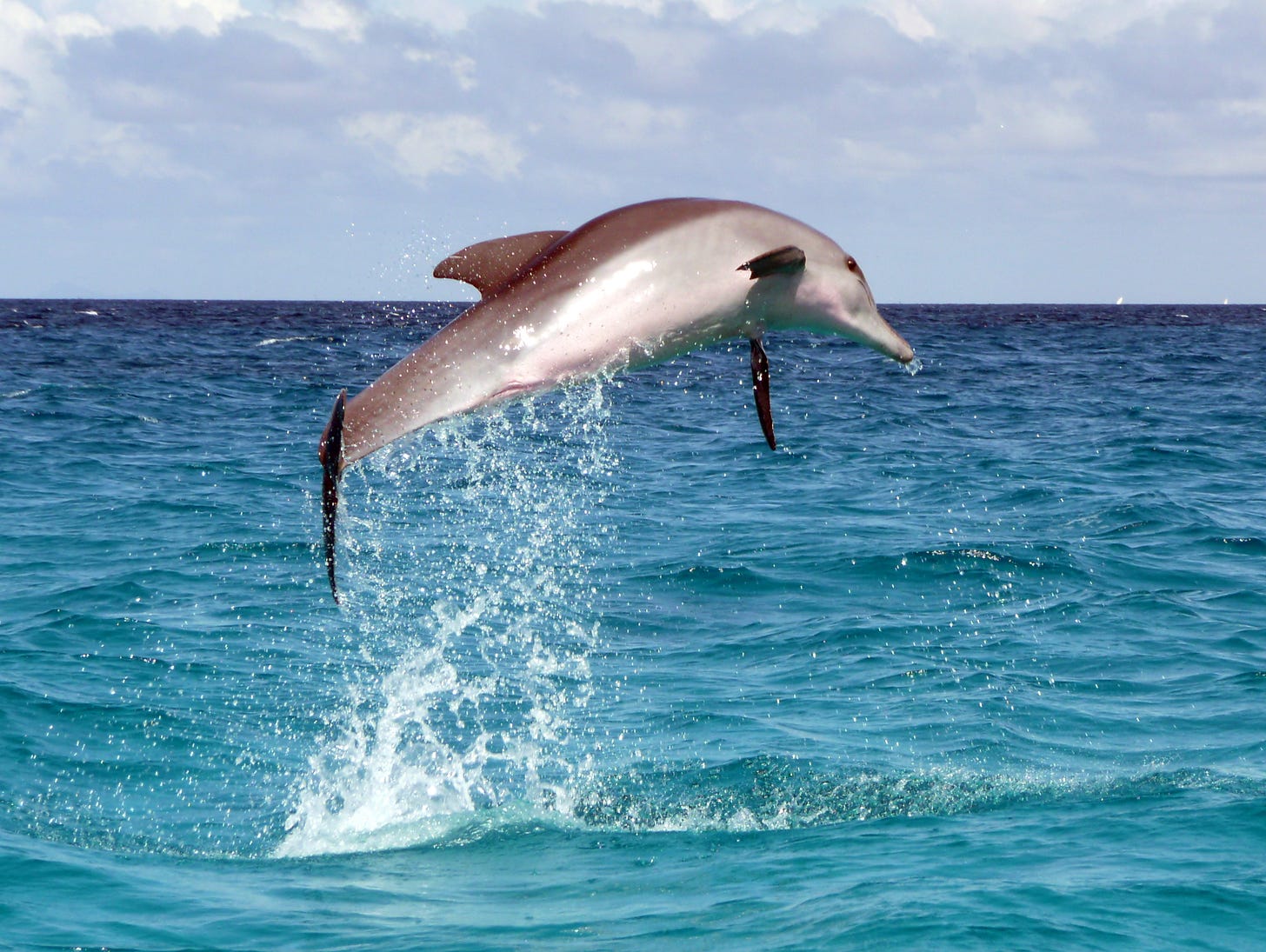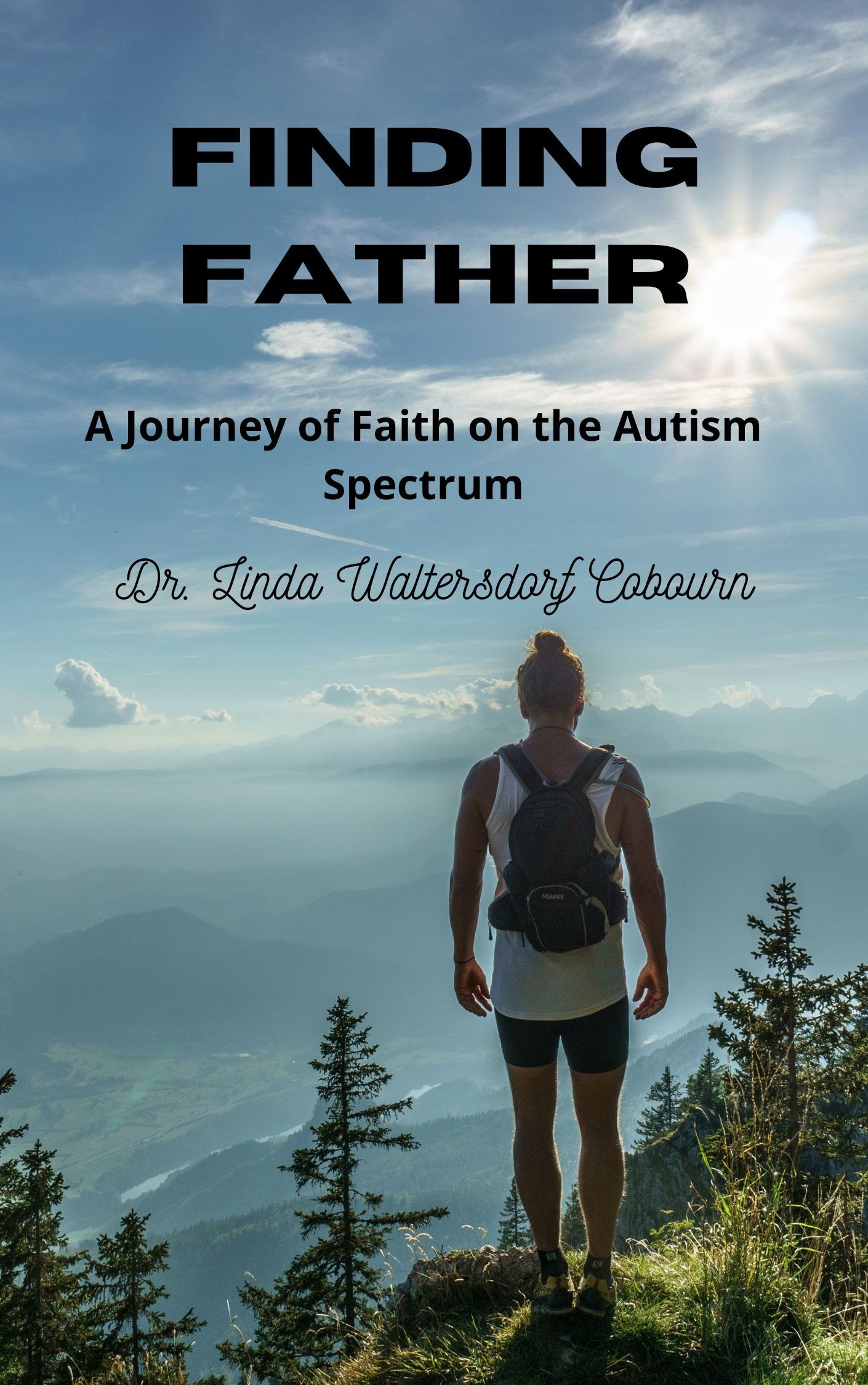Psalm 139:14 I praise you, for I am fearfully and wonderfully made. Wonderful are your works; my soul knows it very well.
It is the last day of our beach vacation and Allen and I are sitting on the dock at the Lewes Marina, waiting to board the boat for the dolphin cruise. Allen’s leg is bobbing up and down, up and down. He leans over to me and whispers, “I need to tell you something. I’m worried about this cruise.”
I’ve been enjoying the gentle lapping of the waves against the dock and the feel of the warm sun on my skin. I remind him, “You’ve been on boats before. And it’s only for 90 minutes.”
His leg continues to bob. Up and down, up and down. “No, that’s not it. Boats are cool.” He takes a deep breath. “Dolphins are smart, right?”
I nod, not knowing where this conversation is going. “Marine biologists say that dolphins are as smart as humans. Maybe more. Their brains are bigger.”
Allen lays his hands flat on his knees. The bobbing stops. “That’s what I’m worried about. What if the dolphins have found a cure?’
“A cure for what?”
“Asperger’s Syndrome. What I have.”
Allen has just recently applied the diagnosis to himself, accepting that his brain is wired differently than his siblings. An adult of 24 before the diagnosis, Allen “masked” many of his symptoms to fit into societal expectations. But “Hiding autistic traits can be emotionally, mentally, and physically exhausting” (Johnson-Harper, 2023) and I’m glad my son no longer feels the need. It’s important for him and others on the spectrum to use the language they feel fits. Most of the time, he still refers to himself as “quirky.”
While I recall reading a recent article about “dolphin therapy” for children with autism, it seems to me to be a lot of hype with no support (Organization for Autistic Research, 2015). Allen is clearly worried, and now is not the time to point out the unlikelihood of sea creatures discovering a cure for anything. What’s at stake here is Allen’s fear.
I try to keep my tone casual. “You wouldn’t want to be cured?’
His response is vehement. “Heck, no! Asperger’s makes me different from other people. It’s what gives me all my ideas no one else has.” He studies his hands for a moment. “Okay, sometimes it’s tough to be different and I wish that noise didn’t bother me so much. And the thoughts in my head get all confused, and that’s tough.” He gives me a goofy grin. “But that’s just part of me.”
I recall Temple Grandin's words that she wouldn't want to lose her true self by being non-autistic because autism was part of who she was. Many adults who are autistic agree with Grandin, seeing their neurology as different, but not broken.
There is an announcement just then; the boat is ready to board passengers for the dolphin cruise. I take Allen’s arm as we move down the dock. “I don’t think you have anything to worry about, “I whisper.
The next 90 minutes speed by. The crew is knowledgeable about the lighthouses we pass and the habits of dolphins. Allen even ventures to ask a question.
“Can dolphins have autism?” he asks a crew member.
“Great question! Since their brains are like humans, I don’t see why not. But when you watch a pod of dolphins, you see that each one is accepted.”
Allen relaxes.
We are back at the marina and disembarking when I lean over and ask my son,” Do you still have Asperger’s Syndrome?”
He flexes his arms, stamps his feet, and touches his hands to his head. “Yep,” he says. “I still have it! I’m still me!”
And I’m glad.
Linda Cobourn is working on a book entitled Finding Father:A Journey of Faith on the Autism Spectrum. The book recounts her son’s unique grief experience as he tried for eight months to find “Dad” and bring him home. You can help her find a publisher and read more about Allen’s search for his father by signing up for her free blog at Quirky: Because we're all a little different








Love this sweet little story!